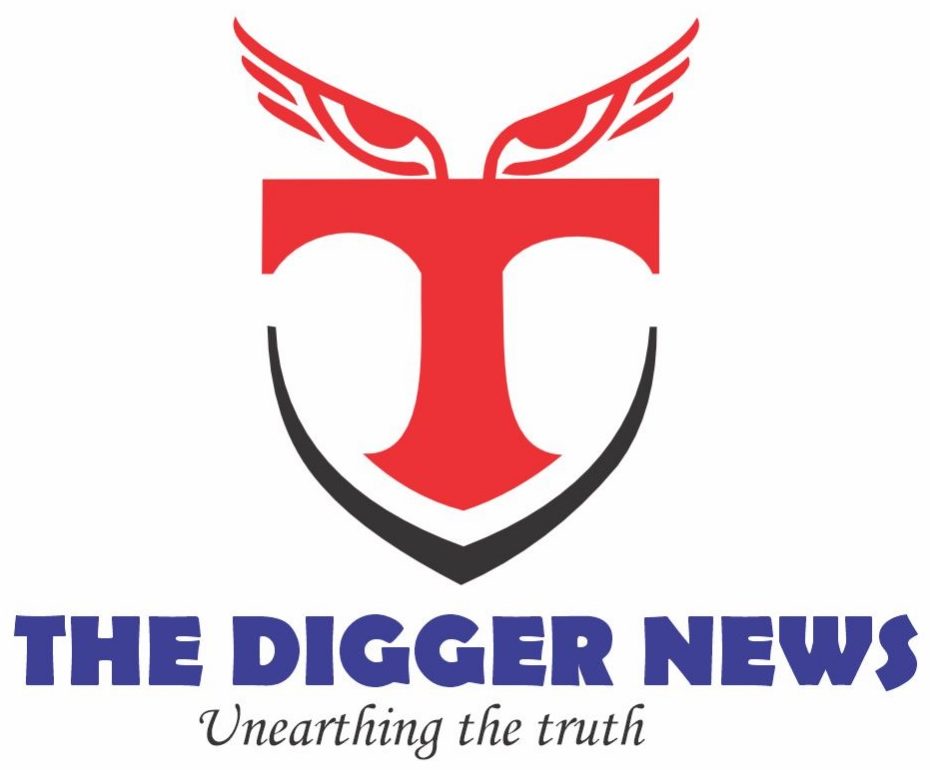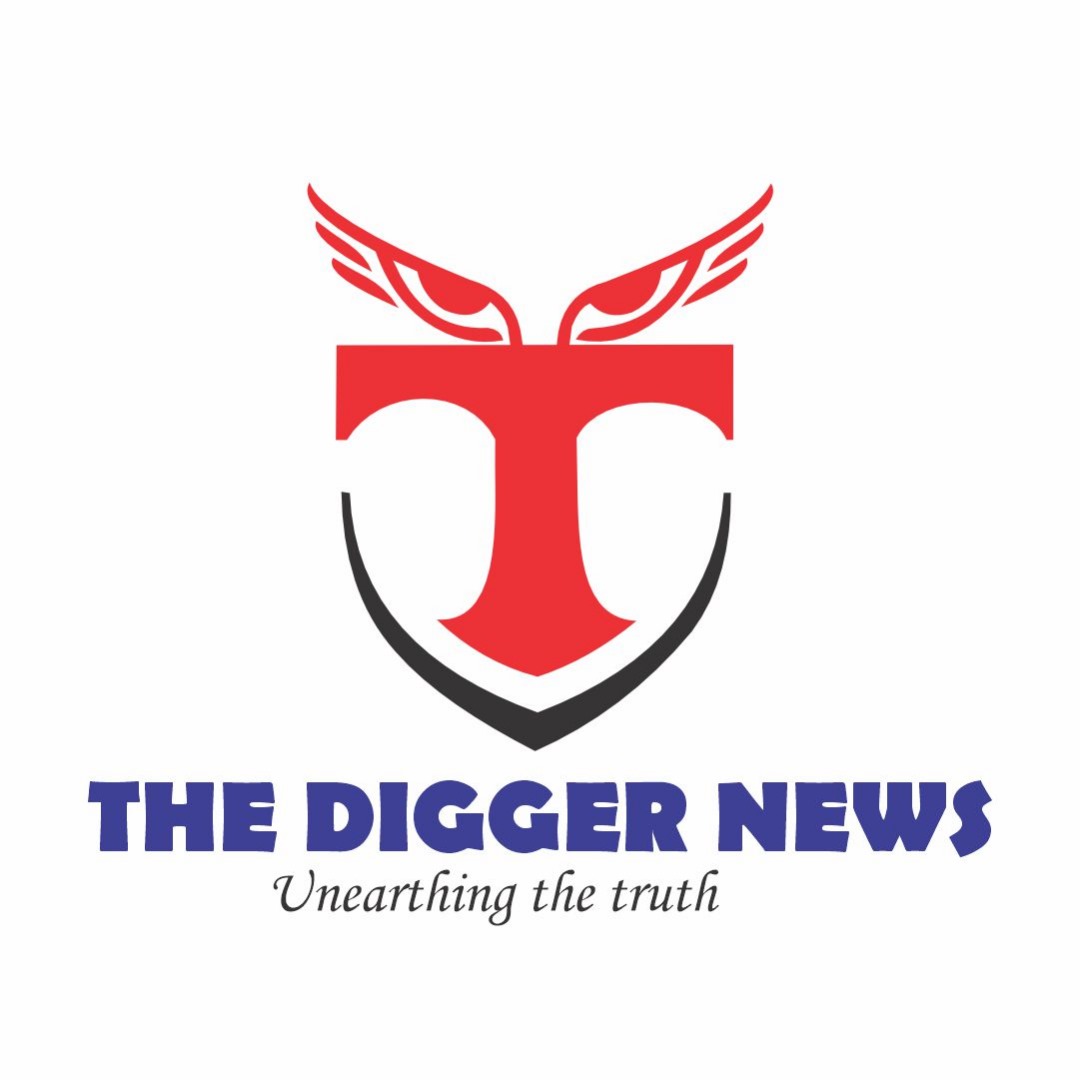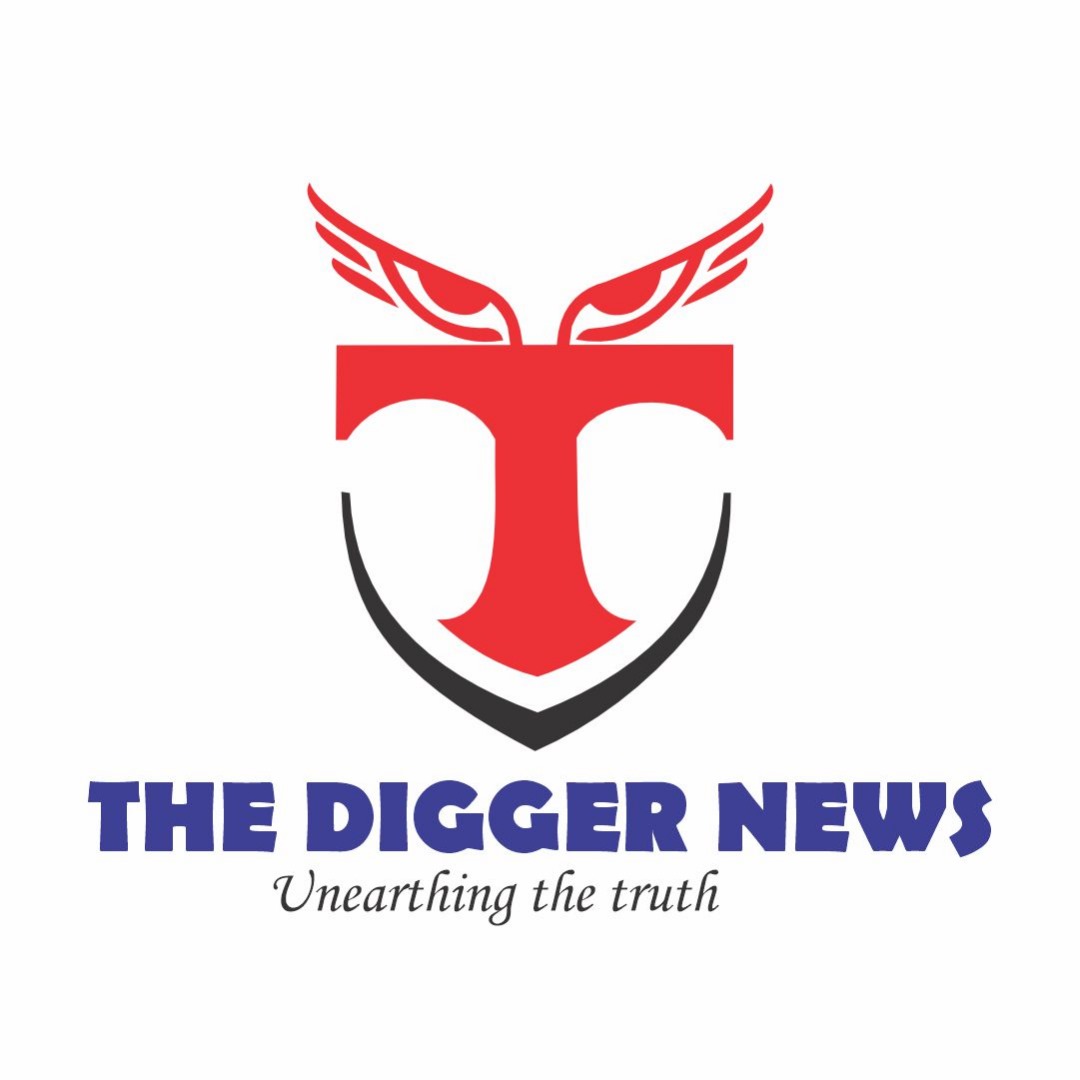In the ever-bustling Yoruba Road Market, Ilorin, Madam Feyisara Solade faced a dilemma that speaks volumes about Nigeria’s cashless economy. A loyal customer wanted to pay ₦50,000 via bank transfer. But for Solade, every digital transaction chips away at her already slim profit margins.
“I had no choice but to accept the payment mode, notwithstanding my previous stand,” she said. “If I look at it holistically, it was not to my advantage at all. I just did it to retain an old customer.”
Madam Solade’s quiet frustration is not hers alone. It resonates across Kwara State and beyond, where small-scale traders, civil servants, and low-income earners are increasingly burdened by mounting bank charges—undermining the very policy designed to promote financial inclusion. Their struggle is real, and their voices need to be heard.
The Hidden Cost of Going Cashless
Since the Central Bank of Nigeria (CBN) introduced its cashless policy in 2012, the goal has been clear: reduce cash dependency, encourage digital payments, and deepen financial inclusion. By 2023, the policy appeared to be working—Nigeria recorded ₦600 trillion in electronic transactions, a 55% increase from the previous year.
However, beneath the surface of this progress lies a growing backlash, exacerbated by the hidden cost seemingly clandestinely tied to the cashless transaction.
This ‘hidden cost’ refers to the additional charges associated with digital transactions, such as EMTL and USSD charges. Traders like Madam Taiwo Jolayemi and thousands of other traders now impose limits on transfers, accepting digital payments only below ₦10,000.
‘The ₦50, ₦100 charges mean a lot in this business,’ she said. ‘I prefer to hold onto my cash because withdrawing money when needed will amount to additional charges again.’
Civil servants are also adapting. Mr. Lawrence Philips, based at the Federal Secretariat in Ilorin, breaks large transfers into multiple ₦9,999 transactions to avoid the ₦50 Electronic Money Transfer Levy (EMTL).
“The banks operate as if they have a target to meet,” he said. “You’re charged for sending, charged for receiving, and even failed USSD transactions still deduct ₦6.98.”
The EMTL alone generated ₦29.1 billion in June and ₦37.6 billion in July 2025, according to the Federation Account Allocation Committee (FAAC).
However, this revenue comes at a steep cost to everyday Nigerians. The financial burden is significant, and it’s time to address the disparity between revenue and reality.
For the avoidance of doubt, charges include: EMTL (₦50 per transfer above ₦10,000); stamp duty on deposits; account maintenance fees; USSD charges (₦6.98 per session); ATM withdrawal fees; SMS alert fees; and card issuance and maintenance fees.
Miss Perpetua Collins, a Level 8 officer, calculated her monthly bank charges at nearly ₦15,000. “That’s someone’s food budget,” she said. The impact on people with low incomes is severe, and it’s a situation that needs immediate attention.
Taxation expert Prof. Khadijah Yahaya, Coordinator of the Society of Women in Taxation (SWIT) in Kwara, warns that excessive charges could reverse gains in digital adoption.
“These charges may boost government revenue, but they discourage digital transactions,” she said.
“Business owners with tight margins prefer cash. It erodes trust in the financial system.
Yahaya advocates harmonising e-charges and increasing transparency. “Let people see value in what they pay for. When trust is lost, adoption declines,” the erudite scholar posits.
Financial analyst Mr. Emeka Nsikak agrees. “Charging both sender and receiver is double taxation. Banks shouldn’t profit endlessly at the expense of their customers. Even SMS alerts should be the bank’s responsibility.”
A Reversal in Progress?
Despite the surge in digital transactions and the rollout of platforms like NIBSS Instant Payments (NIP) and the e-Naira, experts warn that rising charges could push millions back into the informal cash economy.
For traders like Solade, the issue is survival—not policy. “Every ₦50, every ₦100 shaved off my earnings makes the difference between restocking my stall or stalling my business,” she said.
Conclusion: Reform or Retreat
Stakeholders agree that Nigeria’s cashless economy cannot thrive if digital transactions remain too costly. Reducing immoderate charges, harmonising fees, and ensuring transparency are essential to protect citizens, build trust, and boost adoption.
Until then, the possibility of a cashless future may remain out of reach for those who need it most.




